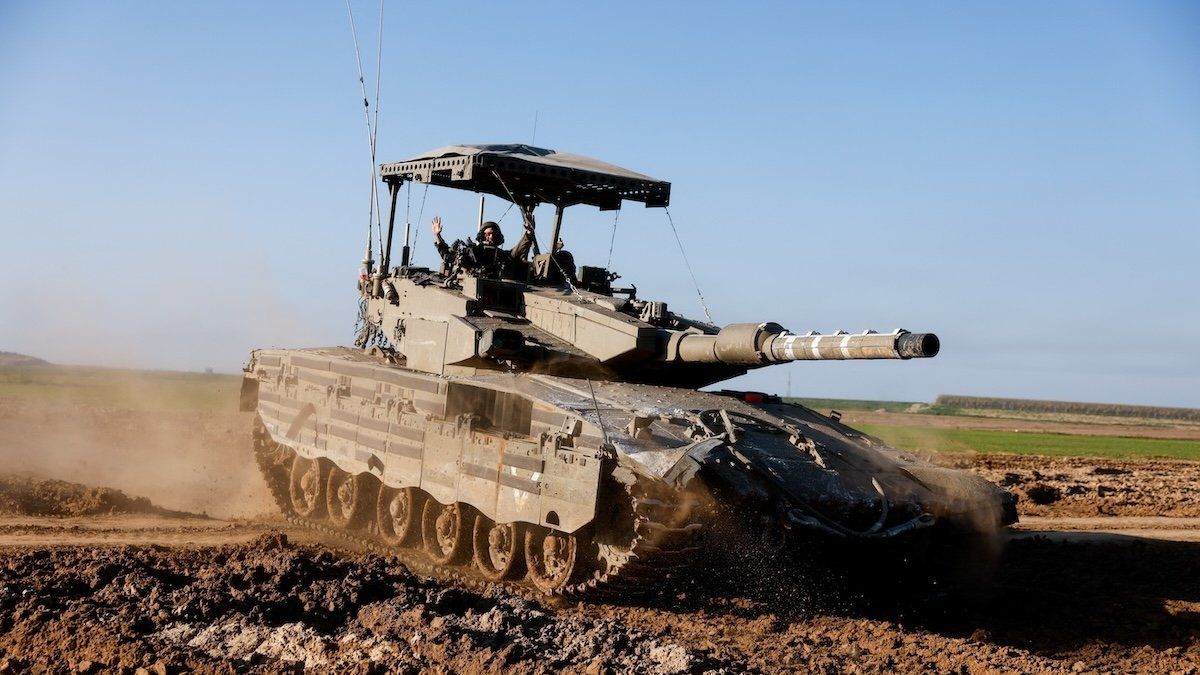Israeli Prime Minister Benjamin Netanyahu on Wednesday forcefully rejected a proposal from Hamas for a 135-day cease-fire involving a phased exchange of hostages and Palestinian prisoners – and the eventual withdrawal of Israeli troops from Gaza.
Describing Hamas’ terms as “delusional,” Netanyahu said Israel would continue to pursue “absolute victory.” The Israeli leader has repeatedly said the war won’t end until Hamas is destroyed, and he is making it clear that he will not accept any proposal that allows for the militant group to retain control of even a sliver of Gaza.
A diplomatic dead-end. US Secretary of State Antony Blinken on Wednesday signaled that Washington will keep pushing for a new truce and hostage deal. But he acknowledged that “there is a lot of work to be done.”
With both Bibi and Hamas unwilling to compromise, the war is poised to continue. Meanwhile, Israel is seemingly shifting its offensive to Rafah, where many displaced Palestinians are gathered.
UN chief António Guterres on Wednesday warned that Israel focusing its ground operations on Rafah could “exponentially increase what is already a humanitarian nightmare with untold regional consequences."
